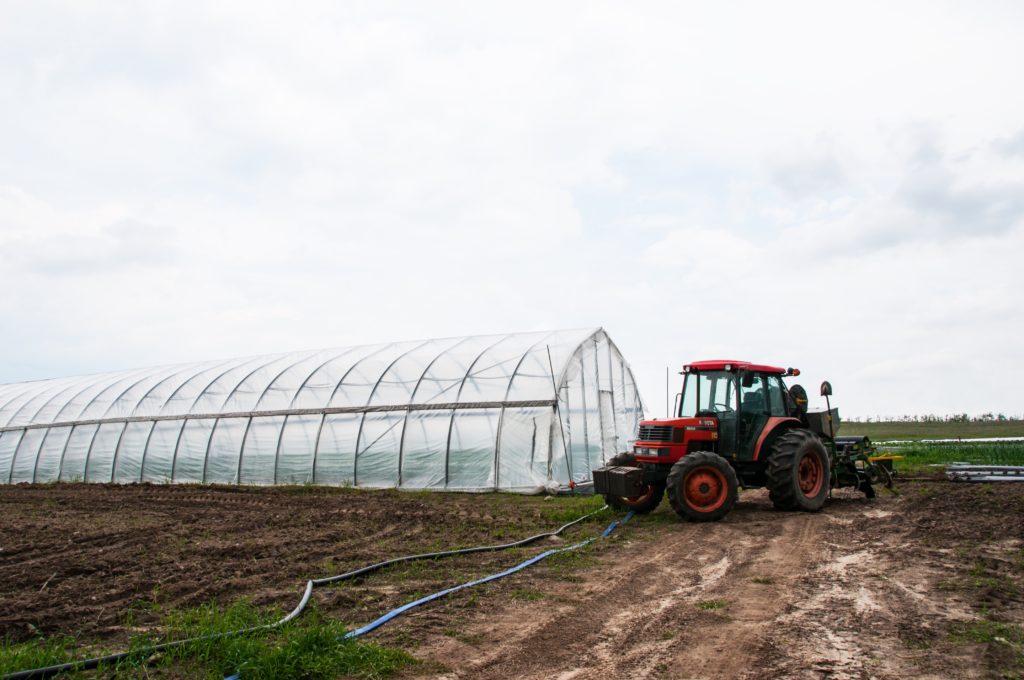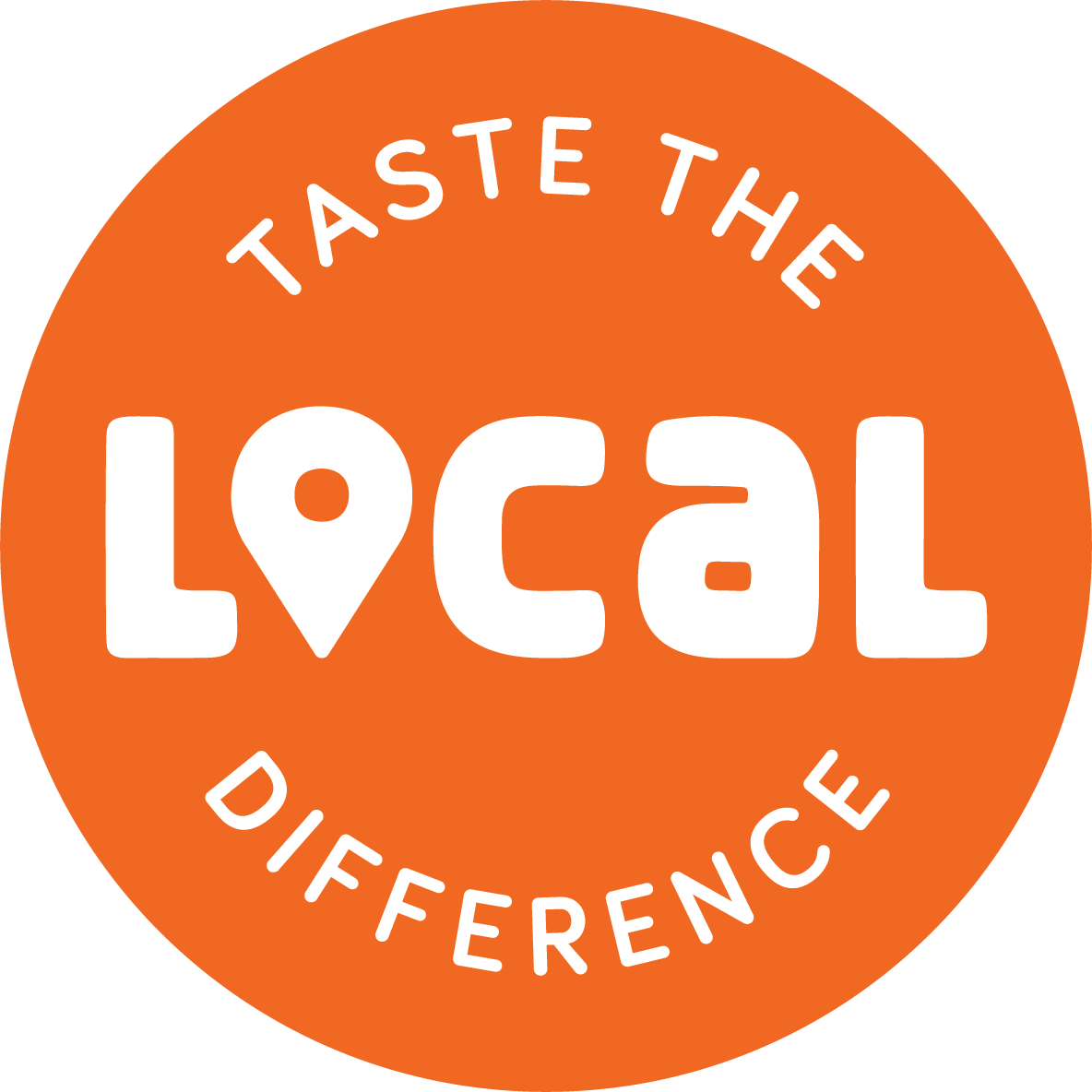What is a specialty crop producer? At first, it might sound like farmers who grow heirloom varieties of apples or wineries with a niche for beaujolais. But, according to the USDA, most agricultural products that are not animal products or grain, fiber, and oil field crops are considered specialty crops. This broad definition includes, but is not limited to food producers, plant nurseries, and Christmas tree farms.
The good news is that this wide range of producers are eligible for funding from the Michigan Department of Agriculture and Rural Development’s Specialty Crop Block Grant to enhance the access and competitiveness of these businesses. These funds can be used on projects that benefit the individual producer, as well as others in the area. For example, a single grower could use funds to extend their growing season with high tunnels (hoop houses) and then host a farm tour to promote this method to other producers. Though the request for proposals for this grant closed in February 2022, it will open in early 2023.

To make this opportunity more accessible to beginning and historically underserved farmers, Michigan Food and Farming Systems (MIFFS) is collaborating with Taste the Local Difference (TLD), Fresh Systems, LLC, and food hubs across the state to increase access to information and remove barriers to resources.
This will be done through a series of webinars discussing marketing, pros and cons of wholesale vs. retail, and more. Representatives from ValleyHub at Kalamazoo Valley Community College, Eastern Market, Flint Fresh Food Hub, and the U.P. Food Exchange will produce these pieces to provide industry knowledge that can connect with attendees. Moreover, the material covered in these webinars will also be documented in accessible guides for farmers to consult before expanding their marketing channels.
Additionally, these events will bring in food hubs to strengthen the connection between producers and buyers. Two of the webinars will showcase information specific to food hubs: food safety certifications and an overview on selling to food hubs for producers. The latter webinar will be recorded in Spanish, but both will have accompanying written guides available in both English and Spanish.
This project builds on multiple years of efforts and collaboration working toward strengthening food safety culture on farms and in markets. The goal of the project is to help farmers build resilient businesses and increase market access, while also ensuring producers are up-to-date on produce safety requirements and certification.
Interested in MIFFS recent work on this topic? Check out the guide, “Marketing Your Food Safety Certification”, in English here and Spanish here.
The recorded webinars will be shared online at www.miffs.org/resources this fall and the guides will be available in 2023.
Sign up for MIFFS newsletter to stay in touch! Register here.
Michigan Food and Farming Systems is a statewide nonprofit committed to connecting beginning and historically underserved farmers to each other and to resource opportunities, ensuring social justice, environmental stewardship, and profitability. miffs.org
